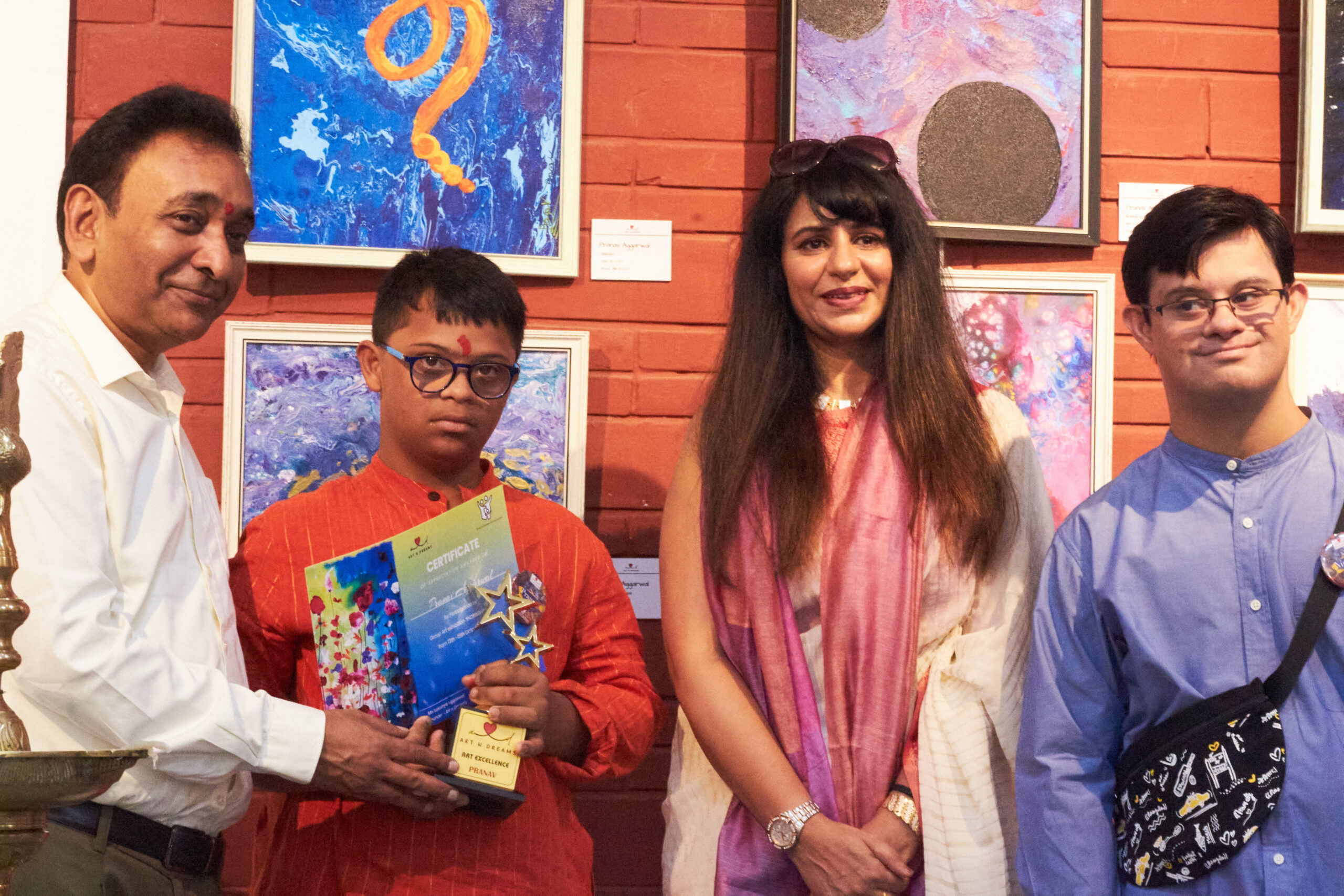
Embracing Diversity: The Abilities and Achievements of Children with Down Syndrome
Children with Down syndrome possess a wealth of abilities and strengths that enrich their lives and the communities they inhabit. Despite facing developmental challenges, they exhibit resilience, creativity, and a unique perspective on the world. Understanding their capabilities and the support systems available allows these children to achieve remarkable accomplishments and lead fulfilling lives.
One of the standout qualities of children with Down syndrome is their exceptional social skills. They often possess an innate ability to connect with others on a deep and meaningful level. Their genuine warmth and empathy create inclusive environments where everyone feels valued and accepted. This natural affinity for social interaction not only enhances their personal relationships but also contributes positively to group dynamics in educational settings and beyond.
Creativity is another hallmark of many individuals with Down syndrome. They often excel in artistic expression through mediums such as painting, music, dance, and storytelling. This creative flair not only serves as a means of self-expression but also as a pathway to communication and emotional release. Art therapy and music therapy are valuable tools that harness these talents, allowing children with Down syndrome to explore their creativity in structured and supportive environments.
In educational pursuits, children with Down syndrome demonstrate a range of strengths that can be cultivated with the right resources and support. While they may face learning challenges, particularly in areas such as language and abstract reasoning, they have shown remarkable progress when provided with individualized education plans (IEPs) tailored to their needs. With patient and dedicated teaching methods, these children can develop essential academic skills, including reading, writing, and mathematics, at their own pace.
Moreover, their determination and perseverance enable them to overcome obstacles and achieve significant milestones. Whether it’s mastering a new skill, participating in extracurricular activities, or navigating daily tasks independently, children with Down syndrome demonstrate a strong sense of motivation and a willingness to learn. This resilience not only empowers them to reach their potential but also inspires those around them to embrace challenges with a positive attitude.
Achieving independence in daily life is a crucial aspect of their development. With appropriate support and guidance, children with Down syndrome can learn essential life skills such as self-care, household chores, and navigating community spaces. Occupational therapy plays a vital role in fostering independence by focusing on fine motor skills, sensory integration, and adaptive behavior strategies. These interventions empower children to become more self-sufficient and confident in their abilities, paving the way for greater autonomy as they transition into adulthood.
Beyond academic and practical achievements, children with Down syndrome contribute significantly to their communities through their unique perspectives and infectious enthusiasm. They often serve as advocates for inclusion and diversity, challenging societal norms and fostering a more compassionate and equitable society. Their presence in schools, workplaces, and social settings promotes understanding and acceptance, enriching the fabric of society as a whole.
Supportive family environments and inclusive educational practices are essential pillars of success for children with Down syndrome. Early intervention programs, starting from infancy, provide crucial developmental support and therapies that lay the foundation for future growth. Parental advocacy and involvement in their child’s education ensure that individual needs are met and potential barriers are addressed proactively.
As these children grow into adolescence and adulthood, opportunities for further education, vocational training, and employment play pivotal roles in their continued development and integration into society. Transition planning that begins in the teenage years helps prepare them for the challenges and responsibilities of adulthood, including career exploration, job skills training, and independent living arrangements.
Employers are increasingly recognizing the valuable contributions that individuals with Down syndrome bring to the workforce. Their strong work ethic, reliability, and dedication make them valuable assets in various industries, from hospitality and retail to information technology and healthcare. With ongoing support and reasonable accommodations, they can thrive in inclusive work environments where their skills and talents are appreciated and celebrated.
In conclusion, children with Down syndrome embody a remarkable spirit of resilience, creativity, and determination that propels them towards meaningful achievements in all facets of life. By embracing their abilities and nurturing their strengths, society can create inclusive communities where every individual, regardless of developmental differences, has the opportunity to reach their full potential. Through education, support, and advocacy, we can ensure that children with Down syndrome continue to inspire us with their unique talents and enrich our world with their boundless potential.
Take a look at this: Sex Drive Boosters for Men: Enhance Your Vitality and Performance!


